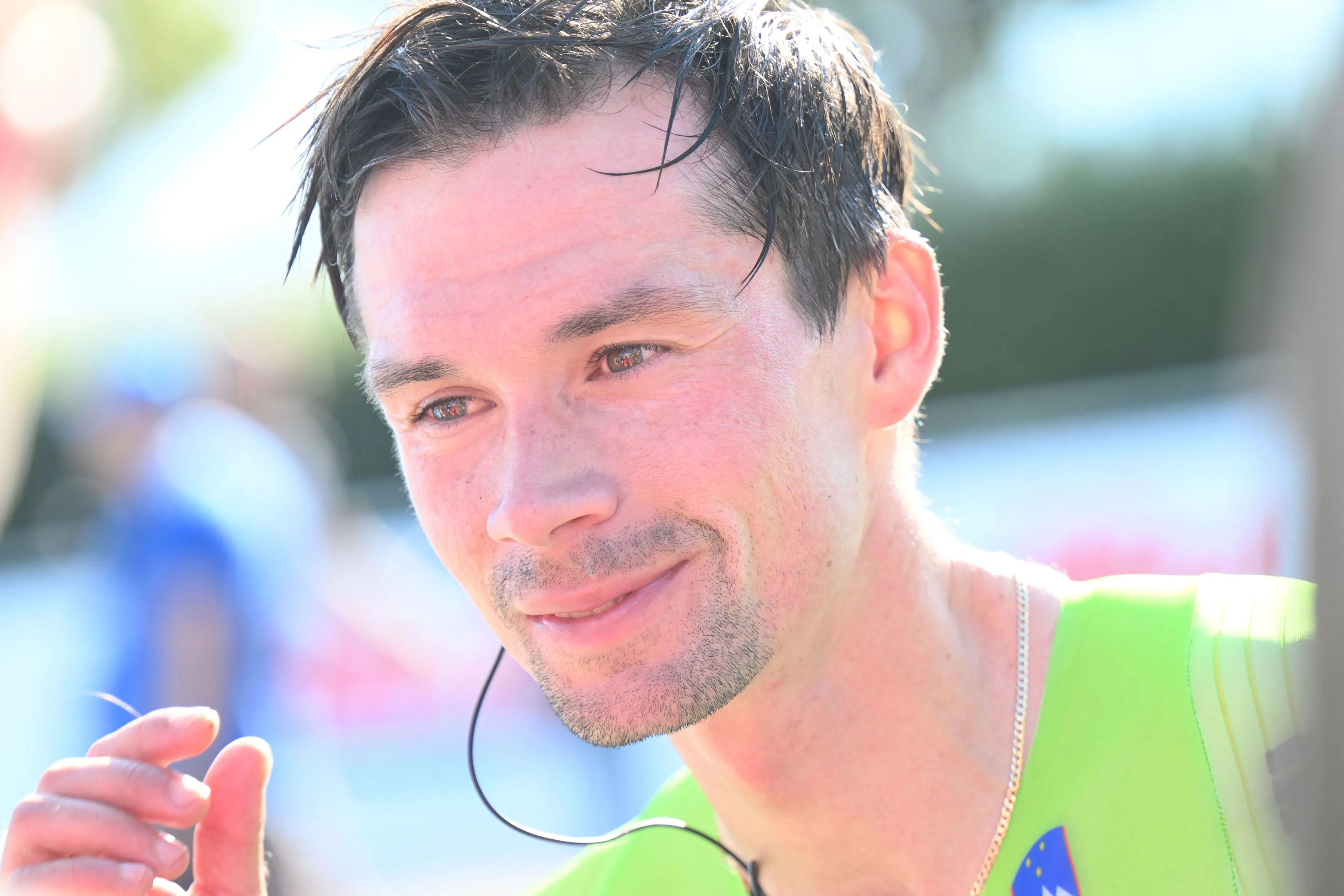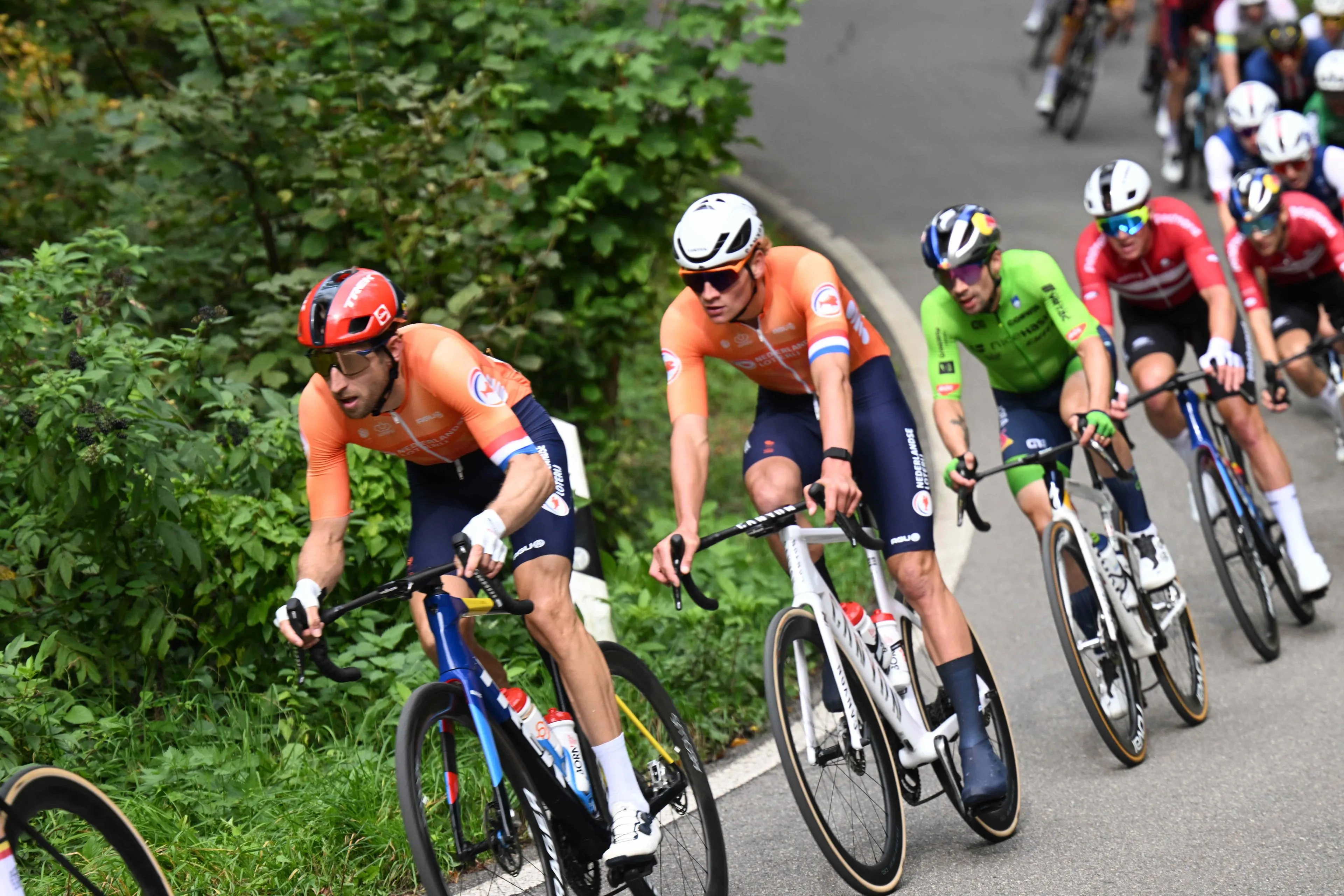Belgians had to chase at World Championship: "Were not quite attentive at that moment"
CyclingMonday, 30 September 2024 at 10:10
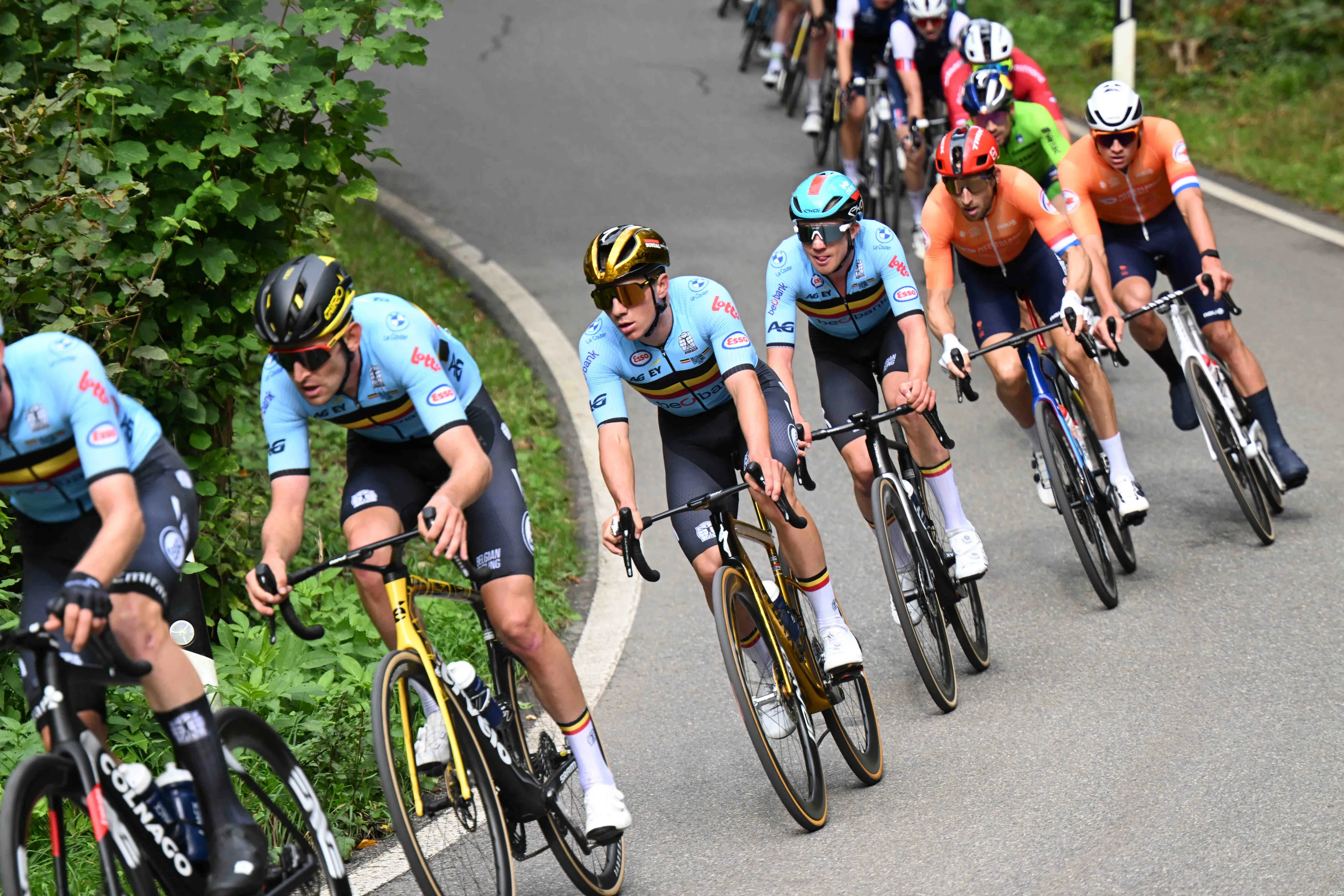
It was supposed to be Tadej Pogacar vs. Remco Evenepoel at the World Cycling Championships in Zurich. In the end, the balance tilted very hard one way. After the Slovenian's attack, the Belgians were forced to chase, but they never saw the eventual world champion again.
ADVERTISEMENT
National coach Sven Vantourenhout knew an attack by Pogacar was a possibility early on. "When the big group with Tratnik and De Plus broke away and had more than two minutes lead, Jasper Stuyven dropped out to ask if they had to start riding. I said it wasn't necessary, but they had to keep an eye on Pogacar," Vantourenhout told Het Laatste Nieuws.
That attack came just a hundred kilometers from the finish line. At that point, no light blue jersey was in sight at the front. "We should have been more at the front when Tadej attacked," Tim Wellens said. "Just before the World Championship, I trained with Tadej in Monaco. He said then that he wouldn't wait until the final lap. I thought he was joking.' Maxim Van Gils adds. 'When Pogacar attacked, I thought: already? It was unexpected." Tiesj Benoot was also unable to react. "We weren't quite attentive at that moment. A mistake from us."
ADVERTISEMENT
Read more below the photo!

Hermans: "If Pogacar attacks, you shouldn't hesitate"
ADVERTISEMENT
Things went stagnant in the peloton momentarily, but the Belgians took responsibility. "If Pogacar attacks, you shouldn't hesitate," Quinten Hermans stated. "We started working immediately and did everything possible to make the gap with Pogacar as small as possible. First, Campenaerts did a strong lead; then it was up to me to ride full towards the next climb of the Zürichbergstrasse at 75 kilometers from the line." Remco Evenepoel was
satisfied with his team's work afterward.
In addition to Campenaerts and Hermans, it was up to Van Gils and Wellens to keep the gap tight, but soon leader Evenepoel was all alone. The rest of the Belgians were exhausted: they were on the bus. "It was strange to be on the bus with six Belgians already two laps from the end, but we took our responsibility," Hermans said.
Bakelants is clear: "Belgians did not perform well"
Jan Bakelants raved about Pogacar's win, calling it more than deserved. However, the Belgians earned some criticism from the former rider. "They didn't perform well," he began his analysis at Het Laatste Nieuws. "I don't think they made many mistakes tactically. They were too far when Pogacar went, though. The national coach saw the attack coming: was there still time to warn his riders? Or should they have seen that Pogacar was almost isolated and might have been going to try something? Shouldn't the alarm have gone off when they saw Novak make drastic changes? Either way, it's still surprising when the top favorite is already going at a hundred kilometers."
The course of the road race was not perfect for the Belgian team, according to Bakelants. "Beforehand, I said this is not a course for classic Flemish riders, and it showed: We didn't see Stuyven. Campenaerts performed much work at the front early in the race, which was okay. De Plus never had to ride in the breakaway but couldn't do anything after he was caught up. And Benoot had an offday. He must have felt he wasn't top. Couldn't he have ridden when Hermans had to go? Then maybe Quinten could have saved himself for later in the final."
ADVERTISEMENT
Read more below the photo!
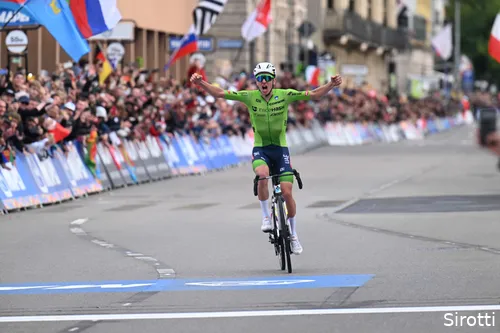
De Cauwer doesn't blame Belgium much, but: "Were too eager"
"I find it embarrassing that we lost four men after 170 kilometers," he continued. "Wellens and Van Gils made another hard effort, but that was also far from the finish, and after one turn, it was over. No, it was clear they all ate the same breakfast: nobody was at their peak. Not even Remco. This wasn't the Evenepoel of Paris, even though he was still pretty good. Otherwise, you don't get fifth. That you're not super every time, that's human."
José De Cauwer was a bit milder about the formation around Evenepoel. He, too, saw that the Belgians were not attentive in the acceleration at a hundred kilometers before the finish. "They were a bit surprised when Pogacar attacked. The Belgians thought: Oh, we still have time," de Cauwer said in his analysis at
Sporza. He doesn't blame them much, however. "If they made a mistake at all, it is that the Belgians wanted to close the gap too quickly and too eagerly from the start. The riders were caught up too quickly. And there was too little talk among the chasing nations among themselves," he concluded.
ADVERTISEMENT
Sep Vanmarcke also questioned the tactics of the Belgians and wondered if it would have been wise to jump along. "If you start with three men as favorites, you must watch each other," he told Sporza afterward. "But not at every moment. You can't always be hyper-focused in the back; that's unsustainable. You assume they start looking at each other from 80 kilometers before the finish."
"And it wasn't wrong to wait, too," he continued. "I also understand Remco's reaction saying it wasn't a lap to ride alone." And so the chase was on for the Belgians. "It was a panic reaction. No one was ready for this scenario. Every Belgian was going to sacrifice himself one by one. They would have been better off watching and looking for allies to do the job together."
Read also
IDL-productions
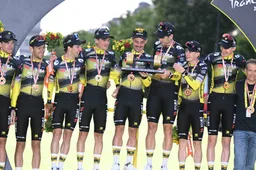
7 Certainties and 1 potential name in Visma | Lease a Bike’s Tour de France selection
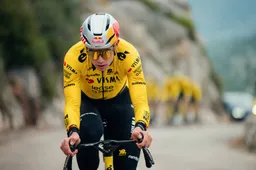
‘Normal life is more complicated’: Wout van Aert clarifies injury after ‘joint fracture’
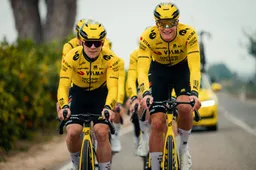
Who will fill the gaps left by Benoot, Van Baarle, Jorgenson and Kooij at Visma | Lease a Bike?
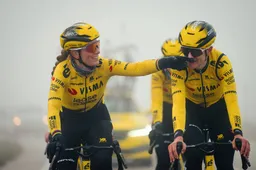
Pauline Ferrand-Prévot sees 'nice challenge' in 2026, Marianne Vos prefers not to look too far ahead after tough months
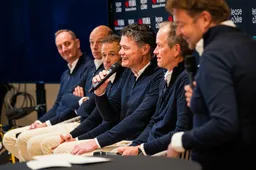
Organization Visma | LaB is rock solid: ‘Symbolizes the step we want to take in the next 5 years’
Latest Cycling News
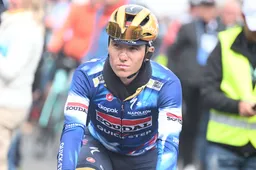
“We’re now entering an era without Remco”; Quick-Step CEO Foré was unpleasantly surprised by Evenepoel’s departure

7 Certainties and 1 potential name in Visma | Lease a Bike’s Tour de France selection
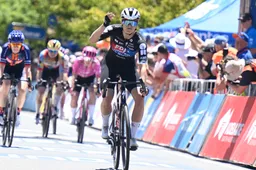
Unbeatable Wollaston extends lead at Tour Down Under with second stage win

‘Normal life is more complicated’: Wout van Aert clarifies injury after ‘joint fracture’
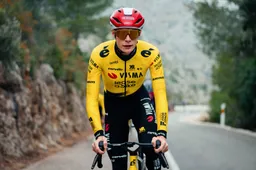
Is Vingegaard conceding to the dominance of Pogacar by riding the Giro? 'That's my takeaway,' says Bruyneel
Popular Cycling News

Tom Pidcock presents his spring plans: full calendar for Pinarello - Q36.5-leader, from Nieuwsblad to Liège

Is Vingegaard conceding to the dominance of Pogacar by riding the Giro? 'That's my takeaway,' says Bruyneel
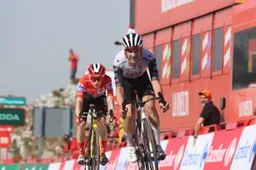
João Almeida prepares for Giro clash with Vingegaard: 'Everyone is beatable, except maybe Pogacar'
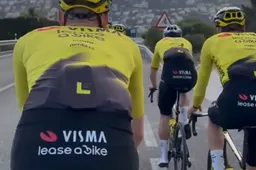
What broken ankle? Van Aert already back on the bike, with a 6(!) hour training session with teammates in Spain
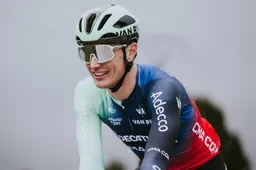
False start 2026 for Olav Kooij at new team Decathlon CMA-CGM
Latest Comments
- Those events are mental rest for him. Fun, without expectations. *Sagan lost his abilities because he gained weight and got lazy. Pogi will likely retire before that has a chance at happening.Veganpotter14-12-2025
- Ah, the consequences of riding for Israel.Veganpotter11-12-2025
- Pidcock could follow everyone but Pogi while finishing 3rd. No second place rider this season😃Veganpotter16-11-2025
- Now the Palestinian protestors can stop their whining. Trump came to the rescue. So they can now STFU and go back to waving the rainbow flags.raufus15-10-2025
- Cracked the code lol. If it was that easy to 'crack the code' jonny Vegas would be charging up the Kwaremont giving Pog a dose of his medicine. Evenepoel can't match pog on a climb and neither can mvdp. Anything with a half difficult climb and Pog smashes the field. Even on flat(ish)parcours like Roubaix it came down to a mistake and crash by pog to definitively crown mvdp. MSR is the only one that Pog probably won't win.kevpt10-10-2025
- We've seen this movie before. I think Pogacar is doping.DeadBlow10-10-2025
- 👍Bea08-10-2025
- 👌🏻Bea08-10-2025
- What the data doesn't show is how much of an effect drafting had for evenepoel. Pogacar went with del toro at 100km whilst Evenepoel was still in the bunch. Despite the bike changes he still had a lot of assistance getting back to the bunch. Pogacar then rode 60km solo whilst evenepoel rode with Healy/Skjelmose until going solo in thd last 10-15km. Thats ~20% less power / energy requirements for 45-50km. Apples and oranges...kevpt30-09-2025
- 👏👏Bea24-09-2025
Loading
